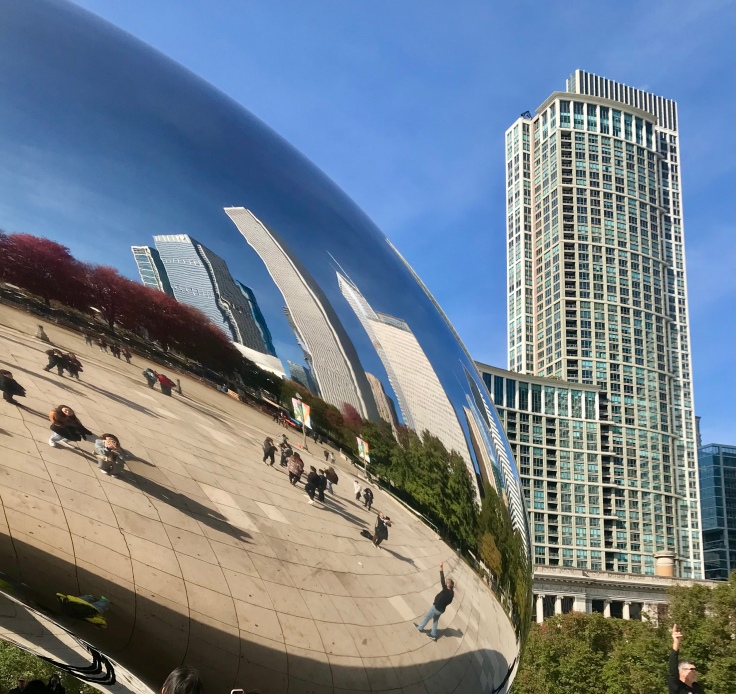
By: Donald L Swanson
“Notwithstanding the court of appeals’ error, this case does not warrant this Court’s review.”
- Recommendation in Solicitor General’s Amicus Brief (at 16) at U.S. Supreme Court in Wells v. McCallister, filed 3/29/2023 in No. 21-1448
In response to this recommendation by the Solicitor General, the U.S. Supreme Court denies Wells’s Petition for a writ of certiorari—on May 1, 2023.
Context
Here’s the Wells v. McCallister context:
- Debtor files Chapter 13, claiming a homestead exemption under state law—such law requires, if the homestead is sold, that the exempt sale proceeds be re-invested in another home within a specified time—or the exemption vanishes;
- During the Chapter 13 case, Debtor sells the homestead and fails to re-invest the exempt sale proceeds in another home within the specified time; and
- So, the question is this—did Debtor’s homestead exemption in the sale proceeds vanish at expiration of the specified time?
Ninth Circuit’s Regret
In it’s decision below, the Ninth Circuit Court of Appeals expresses regret at deciding against the debtor’s homestead exemption. In its “Not for Publication” ruling, the Ninth Circuit says:
- “Although our precedents require that we affirm, we recognize, as did the district court, that our decisions have been criticized, questioned, and rejected by many”;
- Our ruling leads to the “peculiar” and “perverse” result of a debtor having “only a contingent homestead exemption”;
- So, Ninth Circuit debtors have “fewer rights during bankruptcy than debtors in other jurisdictions”—a result without any “justification in federal law, state law, or logic”; and
- Our “earlier decisions” express concern with debtors “escaping the State’s time limit” (i.e., having greater rights than outside bankruptcy); but
- the problem with such concern is that bankruptcy “is all about the modification of creditors’ state law rights.”
Error Below
Here’s the basis for the Solicitor General’s characterization of the Ninth Circuit’s ruling below as “error”:
- “Under the ordinary operation of the ‘snapshot’ rule embodied in 11 U.S.C. 522, post-petition events do not affect a debtor’s entitlement to an already-established exemption”;
- Under the snapshot rule, “debtor’s financial situation is frozen in time” at the “commencement of the case”—“as if someone had taken a snapshot of it”; and
- That’s because § 522(c)(1) says, “property exempted under this section is not liable during or after the case for any debt . . . that arose . . . before the commencement of the case.”
But No Certiorari?!
The bad homestead exemption rule, in the Ninth and Fifth circuits, is being perpetuated at the U.S. Supreme Court, in Wells v. McCallister, by denial of the Petition for writ of certiorari.
The Solicitor General’s Amicus Brief recommends that the U.S. Supreme Court deny the Petition in this case. And it does so, despite:
- the Ninth Circuit’s expression of regret at its ruling below; and
- the Solicitor General’s illumination of the Ninth Circuit’s error.
Here’s why Petition denial is recommended. Only two circuits (the Ninth and the Fifth) have addressed the Wells v. McCallister question in a Chapter 13 context:
- Both hold to the Ninth Circuit’s erroneous position;
- So, there is no circuit split; and
- “At a minimum, further percolation is warranted to aid the Court’s consideration and resolution of the question . . . in the Chapter 13 context.”
And so . . . the U.S. Supreme Court follows the Solicitor General’s recommendation—and declares, “Petition Denied,” in the Wells v. McCallister case.
Perpetuation
But won’t the Petition denial perpetuate the bad homestead exemption rule?
The answer is, “Yes.” It does so:
- by leaving the bad rule in place for existing and future debtors in both the Ninth and the Fifth circuits; and
- by creating an impression for other bankruptcy courts and their appellate overseers, from denial of the Petition, that the bad rule is actually good law.
Conclusion
The Wells v. McCallister result is this: existing and future Chapter 13 debtors in both the Fifth Circuit and the Ninth Circuit are still screwed on the vanishing homestead issue.
But bankruptcy courts and their appellate overseers in other circuits will, hopefully:
- adopt the Solicitor General’s rationale;
- reject the Fifth Circuit’s and Ninth Circuit’s Chapter 13 rule; and
- allow Chapter 13 debtors to retain exempt proceeds from post-petition sales of their homesteads, notwithstanding expiration of any re-investing deadline.
** If you find this article of value, please feel free to share. If you’d like to discuss, let me know.
Leave a comment